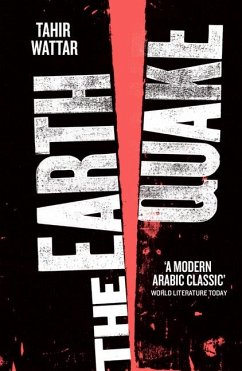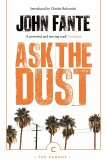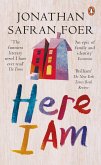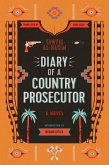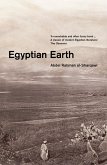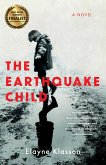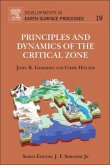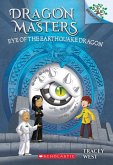One afternoon, Shaykh Abdelmajid Boularwah embarks upon a journey. He is looking for distant relatives: Boularwah's immediate family are ruthless, rich and collaborate with colonial authorities. He hopes his long-lost relatives, who are unknown to the new communist government, might be better placed to help him defraud it. Through a labyrinth of back alleys and memories, he makes his way from Algiers across the seven bridges of Constantine, battling the forces of a rapidly changing society alongside his own demons and traversing the difficult road of colonialism to independence, tradition to modernity, hope to despair and from one failed ideology to another. Written in the early 1970s, The Earthquake offers a lucid vision of post-colonial Algeria -- a society in chaos, a world turned upside down. Pioneering novelist Tahir Wattar both foretells the dreadful events which would later besiege his country and presciently demonstrates the evils of intolerance, ignorance, social classism and religious extremism in this modern classic.

